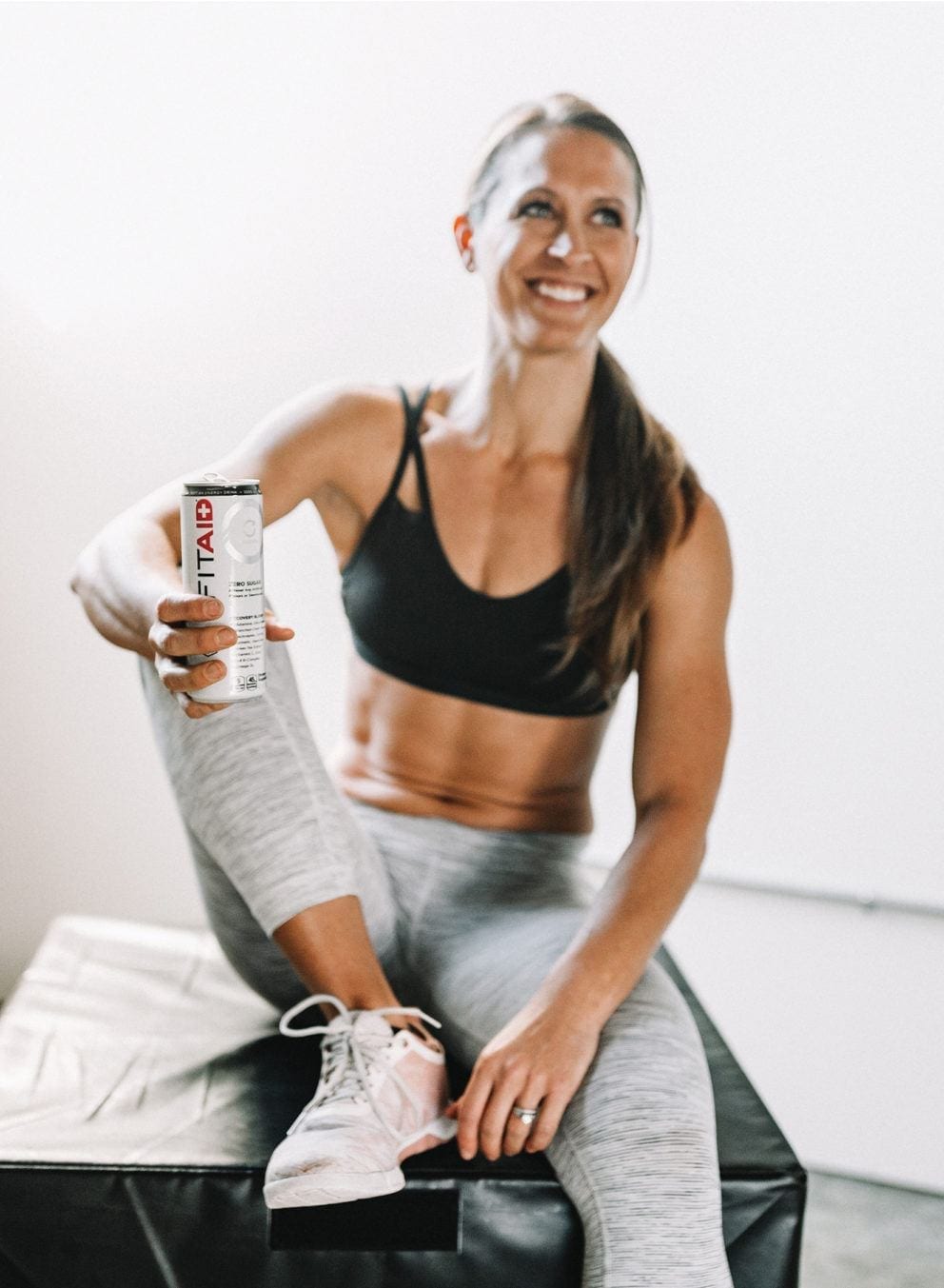Original article on Wanderlust.com by Mari Krueger | Presented by LIFEAID Beverage Co.
Our bodies need to recover between workouts in order to maximize the benefit. Loaded with nutrients, LIFEAID’s Recovery beverage hits the spot.
We have workouts tailored to our goals. We have meals fine-tuned for maximum nutrition. We know how important sleep is (and sometimes we even log the recommended hours!). But taking time to rest—where is that in our weekly health goals? In a go-go-go world hyper-focused on drive and results, it’s no surprise the importance of rest and recovery can be relegated to the backseat. Yet scheduling recovery days is vital to all aspects of health, both mental and physical. Adequate rest can help increase strength and stamina to take your fitness to the next level.
Rest can be augmented with supplements and recovery aids, like our favorite post-workout beverage, the Recovery drink FITAID from our friends at LIFEAID. It’s got all the amino acids and nutrients that our body craves after the gym, an intense flow, or a heart-pumping hike. But just why should we consider rest and recovery just as important as the workout itself? Read on.
Why is rest so important?
There’s a tendency with fitness to go overboard—since a little makes such a positive difference, then a lot must be even better right? Not quite! Counter-intuitively, too much exercise can actually detract from your fitness goals by causing fatigue and sub-par performance, decreasing immunity and appetite, wrecking natural sleep cycles, and in some cases, affecting hormones and fertility. When our bodies are exposed to the stress of intense exercise or over-training, they become susceptible to exhaustion, stress-fractures, strains, pain—over time, even arthritis.
Muscles need time to repair from one training session before they’re again ready to perform optimally. More than that, bones do, too. Too much intense exercise without recovery causes chronic inflammation that can inhibit new bone growth. And while everyone knows exercising within a couple hours of bedtime can make it harder to fall asleep, pushing your routine too hard for too many days without a rest day can flood your body with stress hormones that make it harder to fall asleep, and adversely affect sleep quality when finally sleeping.
How much exercise is good?
Most experts recommend two and a half hours of moderate cardio exercise each week. That looks like a half-hour of exercise five days a week, or three days a week for longer, more difficult workout sessions. Most muscle groups need at least 48 hours of rest to recover, so alternating leg day and a core workout is the way to go. Age, fitness level, and other health factors are important in determining what’s right for you, and any concerns should be discussed with a doctor.
What else does my body need for rest?
Sleep, is of course one of the most important aspects of rest. Getting adequate rest regulates growth hormones that are necessary for recovery. Experts recommend eight hours a night. Less than that denies your body the ability to repair all the little damages it sustains in daily workouts. Hydration is also crucial to rebuild the connective tissues, muscles and nerves, along with a balanced, healthful diet. That might include supplements that help your body heal stronger. Turmeric is a well-known natural anti-inflammatory, while magnesium and B-complex vitamins can increase energy and immunity. Cayenne can reduce muscle pain, and vitamin C, a powerful antioxidant, can inhibit histamines and increase immune function.
Rest can also include physical activity—yes, really!—just not at the same high intensity of heavy workouts. Rest days should skip heavy lifting and sprints in favor of walking, an easy jog, or gentle yoga—anything that slightly increases heart rate without leaving you breathless. Bonus for choosing rest exercises that hone mental restoration! Spend time stretching, using a foam roller, or soaking in a hot tub—all ways to aid muscle relaxation and repair.
Some people worry that taking a day off may sidetrack their fitness goals, but experts agree that’s not the case. Rest can help the mind refocus and come back to those goals with greater motivation and drive at the next scheduled session. In fact, most people could skip workouts for about two weeks with minimal effects, as long as the time off is spent engaged in moderate activity and health overall. The bottom line? Hit that snooze button guilt-free a couple days a week. Your body will actually thank you.
To assist you with getting better rest, considering trying sleep drinks that can provide you with the vitamins and nutrients your body needs for a full and restful night of recovery.
PRESENTED BY LIFEAID
At LIFEAID, we’re the Functional Beverage Co. that makes vitamins you’ll actually enjoy drinking. Our clean, nutritional products are made with only the good stuff, none of the junk, so you can enjoy a better way to drink that is tailored to fit your healthy, active lifestyle. Located in Santa Cruz, California, LIFEAID is proud to be helping to make the world a healthier place, one can at a time.
> > > Live well.

